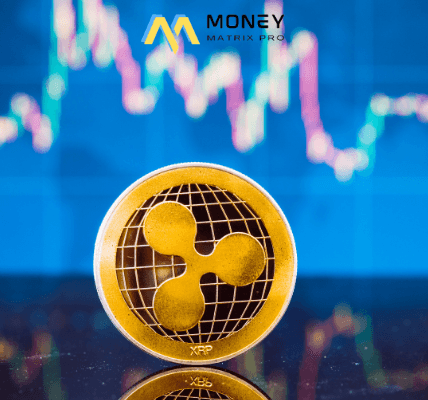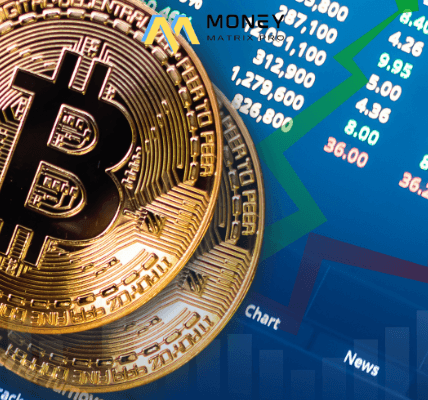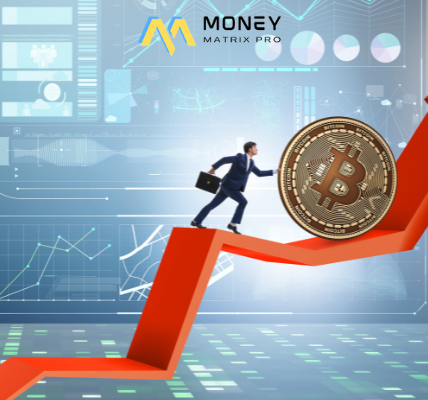Bitcoin or Altcoins? How to Choose the Right Investment in 2025
As cryptocurrency continues to evolve, the big question for investors in 2025 remains: Should I invest in Bitcoin or explore Altcoins? With thousands of cryptocurrencies on the market, choosing the right investment can feel overwhelming. This guide will help you navigate the decision by breaking down the key differences between Bitcoin and Altcoins, their roles in the crypto ecosystem, and factors to consider before investing.
Bitcoin: The King of Crypto
Bitcoin (BTC) is the original cryptocurrency, often referred to as “digital gold.” It was created in 2009 by an anonymous individual or group under the pseudonym Satoshi Nakamoto, with the goal of enabling decentralized, peer-to-peer transactions.
Why Bitcoin?
- Proven Track Record: Bitcoin has survived and thrived through multiple market cycles, cementing its status as the most trusted cryptocurrency.
- Scarcity: With a capped supply of 21 million coins, Bitcoin is seen as a hedge against inflation and a store of value, similar to gold.
- Widespread Adoption: Many companies, governments, and institutional investors have integrated Bitcoin into their strategies, making it the most widely recognized and used cryptocurrency.
- High Liquidity: Bitcoin has the highest trading volume and liquidity in the crypto market, making it easy to buy, sell, and trade at any time.
Who Should Invest in Bitcoin?
- Long-term Investors: If you’re looking for a stable, time-tested cryptocurrency to hold for years, Bitcoin is an excellent choice.
- Risk-Averse Investors: Compared to many Altcoins, Bitcoin is less volatile and more predictable.
Altcoins: Exploring the Alternatives
Altcoins are all cryptocurrencies other than Bitcoin. This category includes Ethereum, Solana, Cardano, Binance Coin, and thousands more. Altcoins often serve specialized purposes, from powering decentralized applications (dApps) to enabling smart contracts or supporting unique blockchain ecosystems.
Why Altcoins?
- Diverse Use Cases: Many Altcoins are tied to specific technologies or industries, such as DeFi (Decentralized Finance), gaming, or NFTs (Non-Fungible Tokens).
- Higher Growth Potential: Smaller, emerging Altcoins can offer exponential returns if they succeed, although they come with higher risks.
- Innovation: Projects like Ethereum introduced smart contracts, while newer coins like Solana focus on scalability and speed, offering unique solutions to blockchain challenges.
- Lower Entry Costs: Some Altcoins have a much lower price per token compared to Bitcoin, making them more accessible for smaller investors.
Who Should Invest in Altcoins?
- Risk-Tolerant Investors: If you’re comfortable with higher volatility and uncertainty, Altcoins can provide big rewards.
- Tech Enthusiasts: If you’re interested in specific blockchain applications or technologies, you might find an Altcoin that aligns with your interests.
- Short-Term Traders: Altcoins often experience rapid price swings, offering opportunities for active trading.
Key Factors to Consider When Choosing Between Bitcoin and Altcoins
1. Investment Goals
- Are you looking for a long-term store of value? Bitcoin is a safer bet.
- Are you chasing higher returns or supporting innovative blockchain technologies? Altcoins might be more suitable.
2. Risk Tolerance
- Bitcoin is less volatile compared to most Altcoins, making it a lower-risk option.
- Altcoins can be highly volatile, with some rising or falling dramatically in a short period.
3. Research
- For Bitcoin, research is straightforward since it’s a well-established asset.
- For Altcoins, dive deeper into the project’s whitepaper, team, use case, and partnerships to assess its potential.
4. Market Trends in 2025
- Monitor the crypto market’s current trends. In 2025, for example, Ethereum 2.0, Layer-2 solutions, or the growing adoption of Web3 technologies could influence the performance of specific Altcoins.
5. Diversification
- Why not both? Many investors allocate a portion of their portfolio to Bitcoin for stability while diversifying into Altcoins for growth potential.
Bitcoin vs. Altcoins: A Quick Comparison
| Feature | Bitcoin | Altcoins |
|---|---|---|
| Market Position | The dominant cryptocurrency | Emerging and diverse projects |
| Use Case | Store of value, digital gold | Varies widely (DeFi, dApps, etc.) |
| Volatility | Lower | Higher |
| Risk | Lower | Higher |
| Growth Potential | Moderate | Potentially very high |
How to Make an Informed Decision
- Start with Bitcoin: If you’re new to crypto, consider starting with Bitcoin as a foundational investment. It’s the most stable and reliable option in the market.
- Add Altcoins Gradually: Once you’re comfortable, explore Altcoins. Focus on established projects like Ethereum, Solana, or Avalanche before venturing into newer, riskier tokens.
- Stay Updated: The crypto market moves fast. Regularly follow news, trends, and project developments to adjust your strategy.
- Manage Risk: Only invest what you can afford to lose, and diversify across multiple cryptocurrencies to minimize risk.
Looking Ahead: The Crypto Landscape in 2025
In 2025, the cryptocurrency market is expected to be more mature and regulated, with greater mainstream adoption. As blockchain technology continues to expand into sectors like finance, gaming, and real estate, both Bitcoin and Altcoins are poised to play significant roles.
While Bitcoin remains the “gold standard,” Altcoins offer opportunities to invest in innovation and niche markets. Choosing the right investment comes down to your personal goals, risk tolerance, and understanding of the crypto space.
When it comes to Bitcoin vs. Altcoins, there’s no one-size-fits-all answer. Both have unique strengths and risks. Whether you prefer Bitcoin’s stability or the growth potential of Altcoins, the key is to approach your investment with curiosity, caution, and a commitment to continuous learning.
Start small, stay informed, and remember that cryptocurrency investing is a journey. By 2025, the crypto world could look very different, so choose wisely and enjoy the ride!





